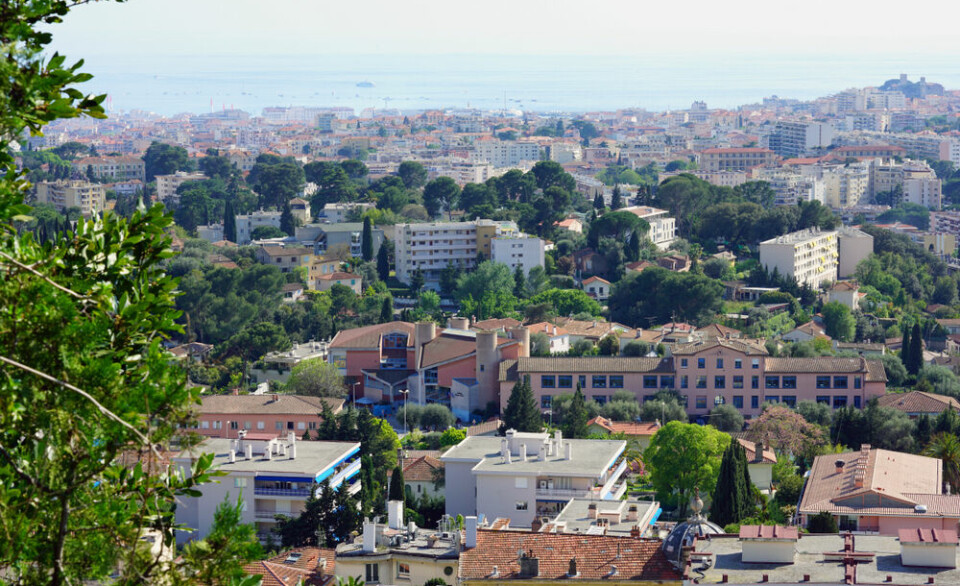-
‘Brexit: no-one else dares speak of leaving’: President Macron
The president also spoke of the threat from the far-right, the need for more border control, simpler rules and more defence investment in a speech in Paris
-
Does everyone in France need to complete an income tax return?
Deadlines to complete declaration fall in May or June this year
-
French tax office to send reminder letters for missing property forms
Homeowners in France who did not complete a biens immobiliers declaration last year will get a chaser email or letter
Winners and losers under local tax cut
If president Macron goes ahead with his campaign promise to end the taxe d’habitation to boost household spending power then 16.6million families could be better off by between €126 and €714 with an average of €325.

Across 60% of departments the average gain would be between €279 and €356 per family, according to calculations by the Observatoire Français des Conjonctures Economiques (OFCE).
Targeted at middle earners – a couple with two children earning €42,670 to €66,530 – these families would benefit to the tune of between €410 to €520.
Mr Macron said he would halt the tax (it raises €10billion a year) for 80% of households, with only households with annual taxable revenue of more than €20,000 per fiscal share still paying.
At present the tax is high in poorer communes, low in well-off ones but it is not paid by 15.5% of households because of exemptions linked to age and low earnings. It also weighs less in the budget of the well-off, made worse as it has risen by 121% since 2000 while earnings have only risen 50%.
The OFCE study showed that the measure would profit regions with a higher number of middle-earning households as Mr Macron also promised any loss in local funding from the tax (which goes largely to communes) would be compensated fully.
Regions such as Pays-de-la-Loire, Centre and Bourgogne-Franche-Comté will have the highest number of beneficiaries but, depending on the way this compensation is worked, departments on the Mediterranean coast, Ile-de-France (but not Paris) where the tax per resident ratio is high will also see a considerable boost in spending power.
Regions like Limousin would see little benefit, despite having a high number of beneficiaries, as the tax is relatively low. Paris would also not be a winner due to low tax and many high-earners.
Dates for the changes and how they will be funded have not yet been set. Details of how second homes would be treated have also not yet been released.























